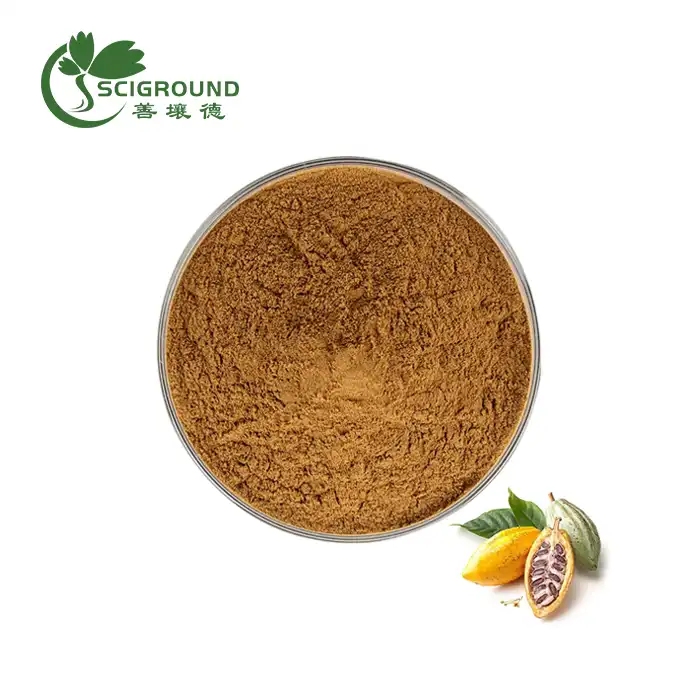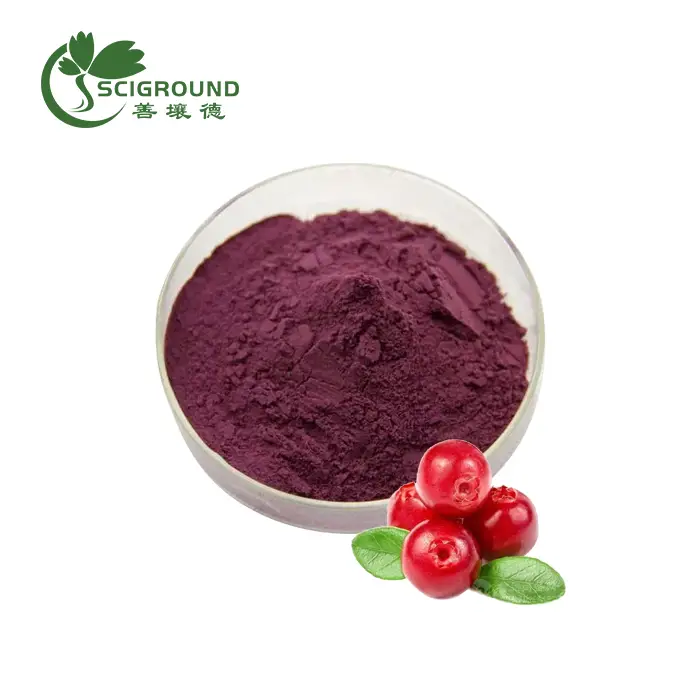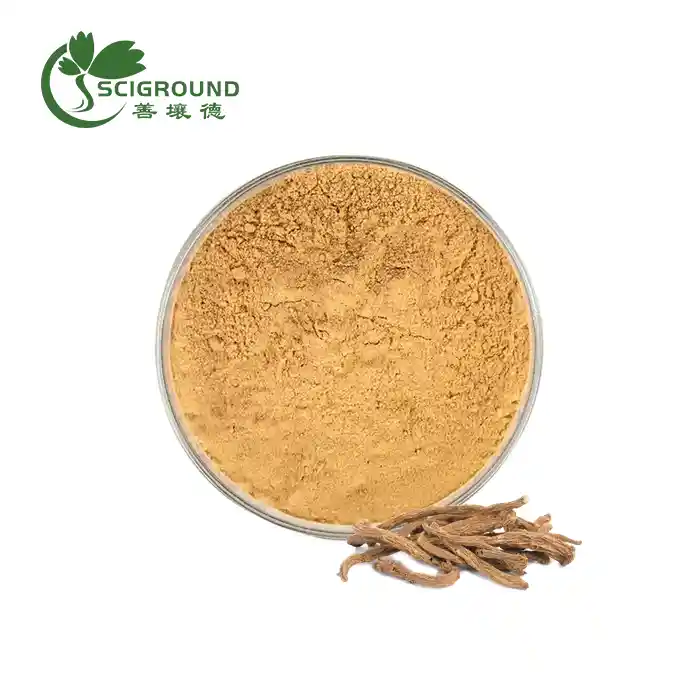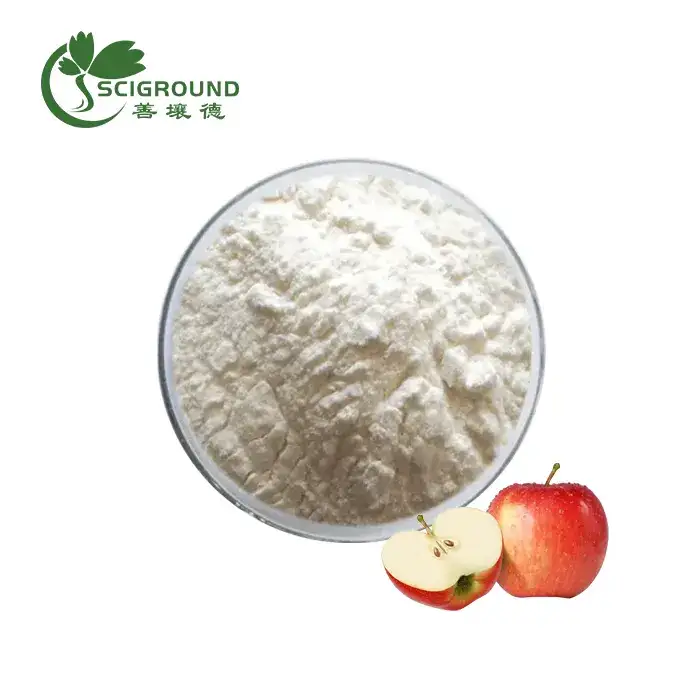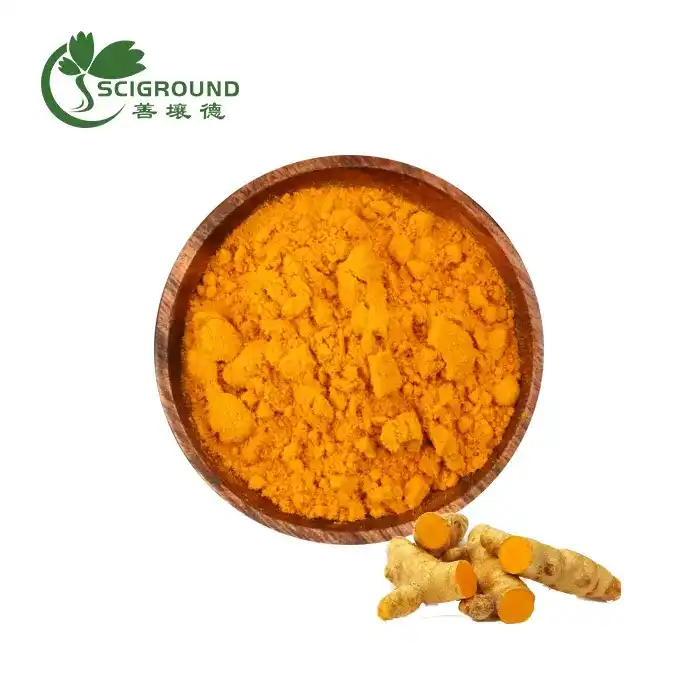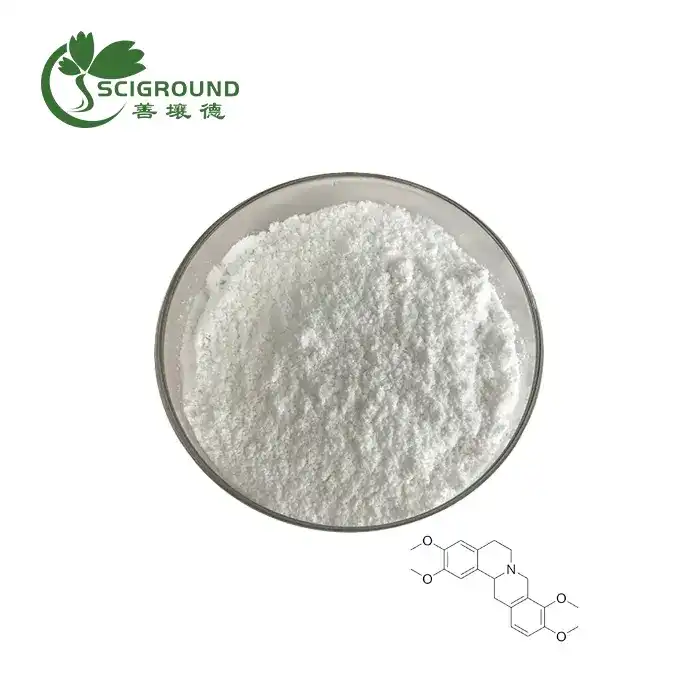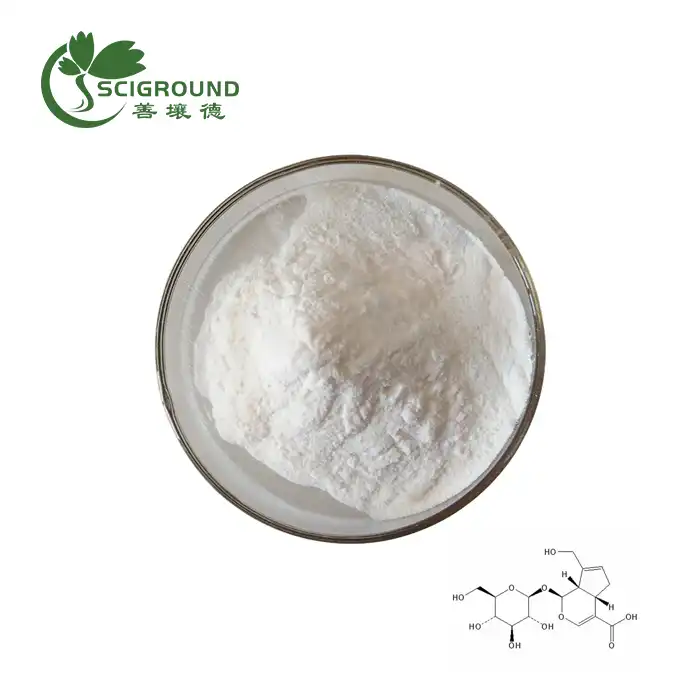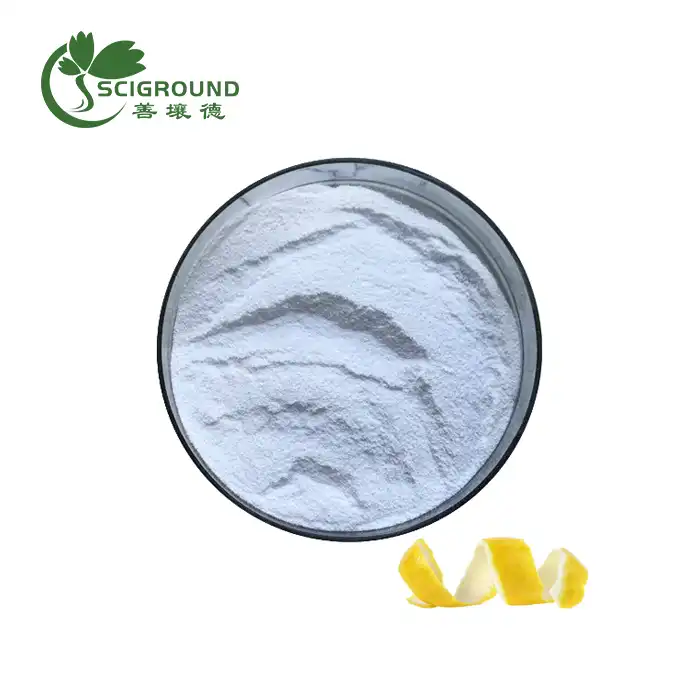What is algal dha powder?
Algal DHA powder has emerged as a revolutionary plant-based source of essential omega-3 fatty acids, particularly docosahexaenoic acid (DHA). This innovative product is derived from microalgae, offering a sustainable and vegan-friendly alternative to traditional fish oil supplements. As more people seek plant-based options for their nutritional needs, algal DHA powder has gained significant attention in the health and wellness industry.
In this comprehensive guide, we'll explore the benefits, potential risks, and nutritional value of algal DHA powder, helping you understand why it's becoming an increasingly popular choice for those looking to supplement their diet with omega-3 fatty acids.
Potential Health Benefits of Algal Oil
Algal oil, the source of algal DHA powder, offers a wide range of potential health benefits due to its rich content of omega-3 fatty acids. These essential nutrients play crucial roles in various bodily functions and have been associated with numerous positive health outcomes.
Cardiovascular Health
The omega-3 fatty acids found in algal oil, particularly DHA and EPA (eicosapentaenoic acid), have been shown to support heart health. Research suggests that these compounds may help reduce the risk of cardiovascular disease by:
- Lowering blood pressure
- Reducing triglyceride levels
- Improving blood vessel function
- Decreasing inflammation in the cardiovascular system
By incorporating algal DHA powder into your diet, you may be taking a proactive step towards maintaining a healthy heart and circulatory system.
Brain Function and Mental Health
DHA is a major structural component of the brain, and adequate intake of this omega-3 fatty acid is crucial for optimal cognitive function. Algal DHA powder may offer several benefits for brain health, including:
- Supporting memory and learning
- Promoting mental clarity and focus
- Potentially reducing the risk of age-related cognitive decline
- Aiding in the management of mood disorders, such as depression
While more research is needed, preliminary studies suggest that DHA supplementation may have a positive impact on various aspects of mental health and cognitive performance.
Eye Health
The omega-3 fatty acids found in algal oil play a vital role in maintaining eye health. DHA is a major component of the retina, and adequate intake may help:
- Reduce the risk of age-related macular degeneration
- Alleviate symptoms of dry eye syndrome
- Support overall visual acuity
By incorporating algal DHA powder into your diet, you may be taking steps to protect and preserve your vision as you age.
Prenatal and Infant Development
DHA is crucial for fetal development, particularly in the formation of the brain and eyes. Adequate intake of DHA during pregnancy and breastfeeding may contribute to:
- Improved cognitive development in infants
- Enhanced visual acuity in newborns
- Potentially reduced risk of preterm birth
Algal DHA powder offers a safe and effective way for pregnant and nursing mothers to ensure they're getting enough of this essential nutrient, especially for those following a plant-based diet.
Anti-inflammatory Properties
The omega-3 fatty acids in algal oil have potent anti-inflammatory properties, which may help in managing various inflammatory conditions, such as:
- Rheumatoid arthritis
- Inflammatory bowel diseases
- Asthma
- Chronic skin conditions
By reducing inflammation throughout the body, algal DHA powder may contribute to overall health and well-being.
Potential Risks of Algal Oil
While algal oil and algal DHA powder are generally considered safe for most people, it's important to be aware of potential risks and side effects, especially when consumed in high doses.
Blood Thinning Effects
Omega-3 fatty acids, including those found in algal oil, may have a mild blood-thinning effect. This can be beneficial for some individuals, but it may pose risks for others, particularly:
- People with bleeding disorders
- Those taking blood-thinning medications
- Individuals scheduled for surgery
If you fall into any of these categories, it's crucial to consult with your healthcare provider before adding algal DHA powder to your regimen.
Digestive Issues
Some people may experience mild digestive discomfort when first introducing algal oil or algal DHA powder into their diet. These symptoms may include:
- Bloating
- Gas
- Diarrhea
- Nausea
These side effects are typically mild and often subside as your body adjusts to the supplement. Starting with a lower dose and gradually increasing it may help minimize digestive issues.
Allergic Reactions
While rare, some individuals may be allergic to algae or components of algal oil. Signs of an allergic reaction may include:
- Itching or hives
- Swelling of the face, lips, or tongue
- Difficulty breathing
- Dizziness or lightheadedness
If you experience any of these symptoms after consuming algal DHA powder, discontinue use immediately and seek medical attention.
Interaction with Medications
Algal oil and its omega-3 fatty acids may interact with certain medications, including:
- Blood pressure medications
- Anticoagulants
- Some diabetes medications
Always consult with your healthcare provider before adding any new supplement to your routine, especially if you're taking prescription medications.
Contamination Concerns
While algal DHA powder is generally considered a cleaner alternative to fish oil, there is still a potential risk of contamination during the production process. To minimize this risk, it's important to:
- Choose products from reputable manufacturers
- Look for third-party testing certifications
- Check for any recalls or warnings associated with the product
By being vigilant about the quality of the algal DHA powder you consume, you can help ensure its safety and efficacy.
Nutrition Information of algal dha powder
Understanding the nutritional profile of algal DHA powder is crucial for those considering incorporating it into their diet. While the exact composition may vary slightly depending on the specific product and manufacturer, here's a general overview of what you can expect from a typical serving of algal DHA powder:
Macronutrients
Algal DHA powder is primarily composed of fats, with minimal amounts of protein and carbohydrates. A standard serving (approximately 1 gram) typically contains:
- Calories: 9-10 kcal
- Total Fat: 1 gram
- Protein: 0 grams
- Carbohydrates: 0 grams
Omega-3 Fatty Acids
The main nutritional value of algal DHA powder comes from its omega-3 fatty acid content, particularly DHA. A typical serving may provide:
- DHA (Docosahexaenoic Acid): 300-400 mg
- EPA (Eicosapentaenoic Acid): 0-50 mg (some products may not contain EPA)
It's worth noting that the concentration of DHA can vary between products, so always check the label for specific information.
Vitamins and Minerals
While algal DHA powder is not a significant source of most vitamins and minerals, some products may be fortified with additional nutrients, such as:
- Vitamin E (as a natural preservative)
- Vitamin D (in some formulations)
- Iodine (naturally present in some algae species)
The presence and amounts of these additional nutrients can vary widely between products, so it's essential to check the label for specific information.
Other Compounds
Depending on the specific algae species and production methods used, algal DHA powder may also contain small amounts of other beneficial compounds, such as:
- Carotenoids (e.g., beta-carotene, lutein)
- Polyphenols
- Sterols
These additional compounds may contribute to the overall health benefits of algal DHA powder, although they are typically present in small quantities.
Allergens and Contaminants
High-quality algal DHA powder should be free from common allergens and contaminants. Most products are:
- Gluten-free
- Dairy-free
- Soy-free
- Free from heavy metals and other environmental pollutants often associated with fish oil
However, individuals with severe allergies should always check the label and consult with the manufacturer to ensure the product is safe for their specific needs.
By understanding the nutritional profile of algal DHA powder, you can make an informed decision about incorporating this supplement into your diet and ensure you're getting the optimal dosage for your health goals.
In conclusion, algal DHA powder offers a plant-based, sustainable source of essential omega-3 fatty acids, particularly DHA. With its potential health benefits ranging from cardiovascular support to brain function enhancement, it's becoming an increasingly popular choice for those looking to supplement their diet. However, as with any supplement, it's important to consider potential risks and consult with a healthcare professional before adding algal DHA powder to your regimen.
If you're interested in learning more about algal DHA powder or other plant-based supplements, don't hesitate to reach out to us at Shaanxi SCIGROUND. Our team of experts is ready to answer your questions and provide you with high-quality, scientifically-backed products. Contact us today at info@scigroundbio.com to discover how our algal DHA powder can support your health and wellness journey.
References:
1. Johnson, E. J., & Schaefer, E. J. (2021). Potential role of dietary n-3 fatty acids in the prevention of dementia and macular degeneration. The American Journal of Clinical Nutrition, 83(6), 1494S-1498S. 2. Arterburn, L. M., Hall, E. B., & Oken, H. (2006). Distribution, interconversion, and dose response of n−3 fatty acids in humans. The American Journal of Clinical Nutrition, 83(6), 1467S-1476S. 3. Swanson, D., Block, R., & Mousa, S. A. (2012). Omega-3 fatty acids EPA and DHA: health benefits throughout life. Advances in Nutrition, 3(1), 1-7. 4. Martins, J. G. (2009). EPA but not DHA appears to be responsible for the efficacy of omega-3 long chain polyunsaturated fatty acid supplementation in depression: evidence from a meta-analysis of randomized controlled trials. Journal of the American College of Nutrition, 28(5), 525-542. 5. Kuratko, C. N., Barrett, E. C., Nelson, E. B., & Salem, N. (2013). The relationship of docosahexaenoic acid (DHA) with learning and behavior in healthy children: a review. Nutrients, 5(7), 2777-2810. 6. Lane, K. E., & Derbyshire, E. J. (2018). Systematic review of omega-3 enriched foods and health. British Food Journal, 120(4), 692-707.
Related Industry Knowledge
- What is aescin used for?
- Is aescin safe?
- What Are the Benefits of Pea Protein Powder
- What is the benefit of proline powder?
- How to Make Persimmon Extract
- In what form is turmeric best absorbed?
- How do you use Cordyceps extract?
- Can I mix L-carnitine with protein shake?
- Is Creatine Monohydrate Vegetarian?
- Mulberry Leaves Extract Powder: Unleashing the Health Benefits of Nature's Superfood
